The turn of the century brought with it an unprecedented growth in serialized television. With shows like 'Lost' leading the charge, there was an insatiable hunger for mysteries that would span not just episodes, but entire seasons. As audience attention spans broadened, their desire for intricate, sprawling narratives became palpable. Within this framework, in 2009, 'Flash Forward' emerged – a show that promised not just a mystery, but a glimpse into the future.
A Premise Set in Time
Based on Robert J. Sawyer's 1999 novel of the same name, 'Flash Forward' intrigued from its inception. The show began with a captivating premise: for a brief period of two minutes and seventeen seconds, every person on Earth blacks out and witnesses a vision of their own future six months from the incident. As these visions start to come true, the characters grapple with issues of fate, free will, and the very nature of time itself.
The series set a ticking clock for itself, counting down to the day when these prophecies would manifest. But as the days waned, it was not just the prophecies that unraveled, but the interconnectedness of these visions and what they portended for humanity's future.
Echoes in the Television Landscape
Akin to the enigmatic narratives of shows like 'Lost', 'The 4400', and 'The Leftovers', 'Flash Forward' was not just about the central mystery but also revolved around the human reactions to an inexplicable event. The exploration of how society grapples with knowledge of the future is reminiscent of movies like 'Minority Report', yet 'Flash Forward' expanded on the concept by focusing on a broad spectrum of individuals, from FBI agents to doctors, and their intertwined fates.
Behind the Mysterious Curtains
Helmed by Brannon Braga and David S. Goyer, the show was ambitious in its storytelling. With an ensemble cast and multiple narrative threads to juggle, producing 'Flash Forward' was a logistical challenge. Multiple writers were brought on board, and the show took liberties with its source material to adapt it for the episodic format, adding more characters and depth to the overarching mystery.
To bring to life the catastrophic events of the global blackout, the series employed a combination of practical effects and CGI, often using real locations to add a layer of authenticity. This blend of the real and the surreal was pivotal in cementing the show's grip on its audience.
The Cast and Their Visions
Joseph Fiennes led the cast as Mark Benford, an FBI agent determined to unravel the cause and meaning behind the blackouts. Accompanying him were notable actors such as John Cho, Courtney B. Vance, and Sonya Walger. Each actor brought a unique perspective to the central event, portraying a range of emotions from hope, fear, denial, and acceptance.
Jack Davenport, playing Lloyd Simcoe, was a pivotal character whose storyline intersected with multiple primary characters, deepening the mystery surrounding the event. Gabrielle Union, Dominic Monaghan, and Peyton List also delivered memorable performances that elevated the narrative.
Ratings and Reception
The series debut on September 24, 2009, was met with much anticipation, owing to its promotional campaign and intriguing premise. The pilot episode garnered 12.47 million viewers, establishing it as one of ABC's potential hits. However, as the series progressed, it faced challenges in maintaining its initial viewership, seeing a gradual decline in ratings.
Legacy and Influence
Despite its single-season run, 'Flash Forward' remains a topic of discussion among sci-fi enthusiasts. While it did not redefine the genre, it served as a testament to the era's evolving television landscape, where high-concept, serialized stories were becoming the norm. The show's themes of determinism and the consequences of foreknowledge have been explored in other media but rarely with such a broad societal lens.
In Retrospect
The story of 'Flash Forward', both as a show and a phenomenon, is one of ambition. It aimed to tackle profound philosophical questions within the constraints of network television, weaving a tale that was as human as it was supernatural. While its legacy might be as fleeting as the visions it depicted, it stands as a reminder of a time when television dared to look ahead, to envision a future both wondrous and terrifying in its clarity.
























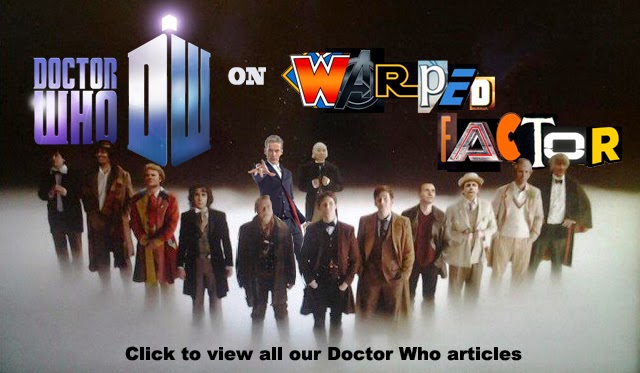

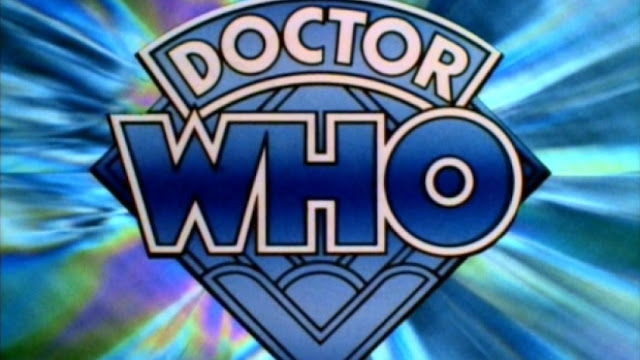

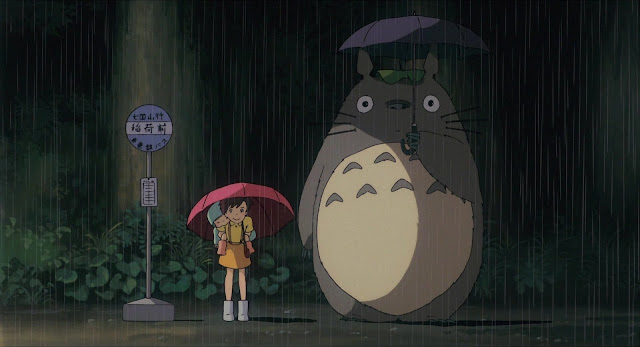
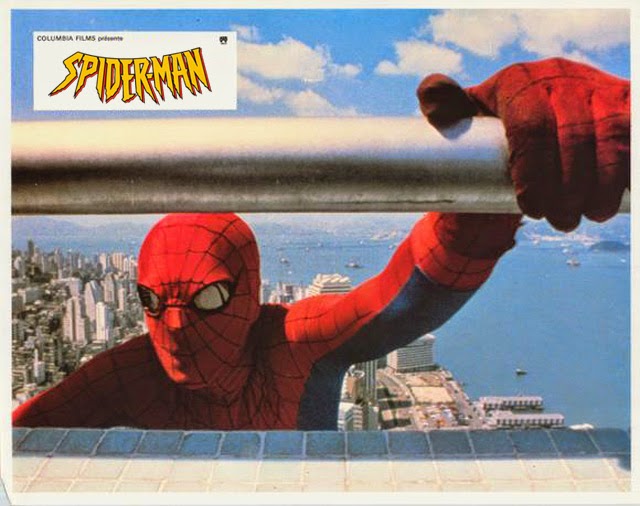


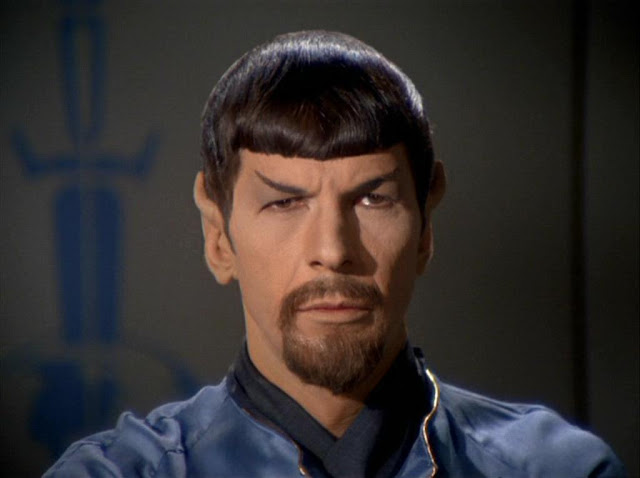
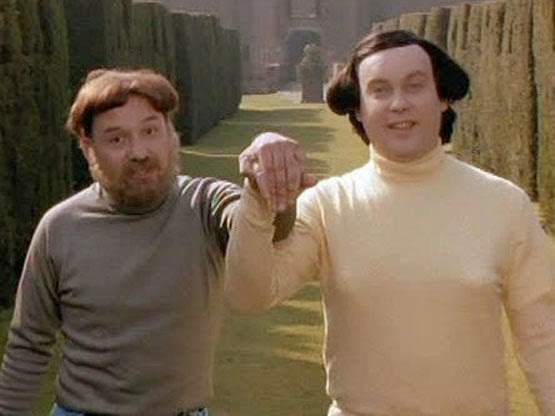
No comments:
Post a Comment